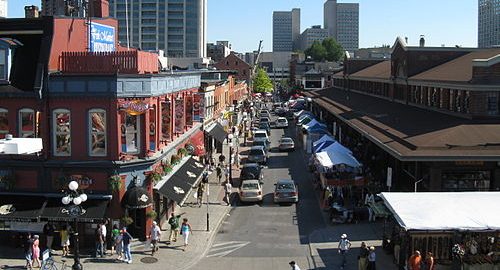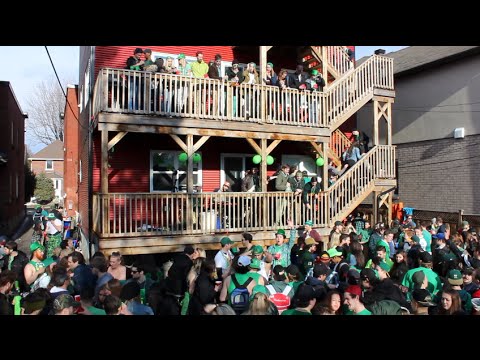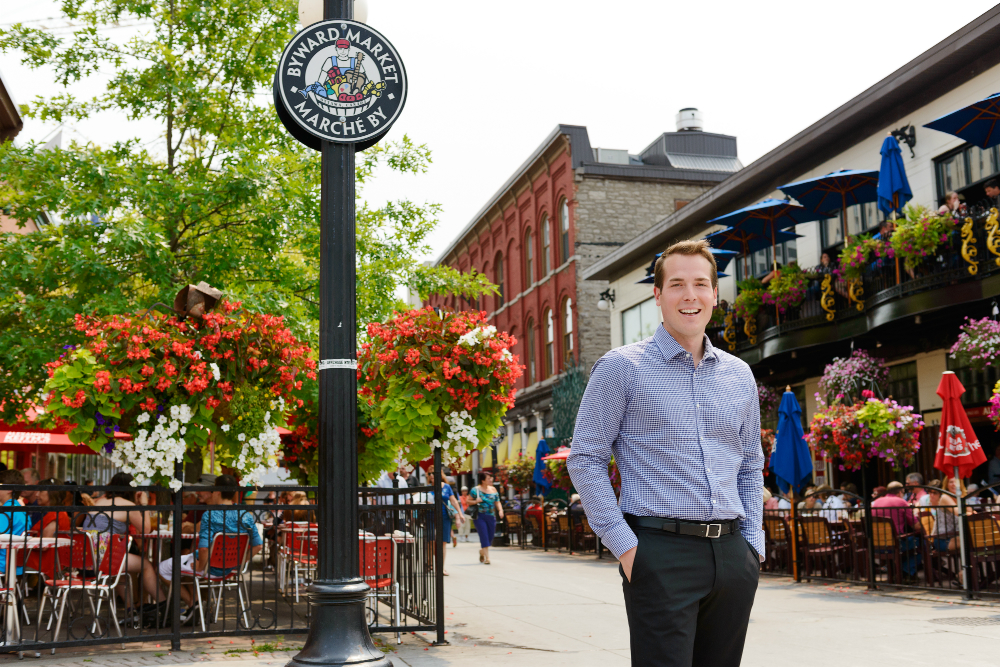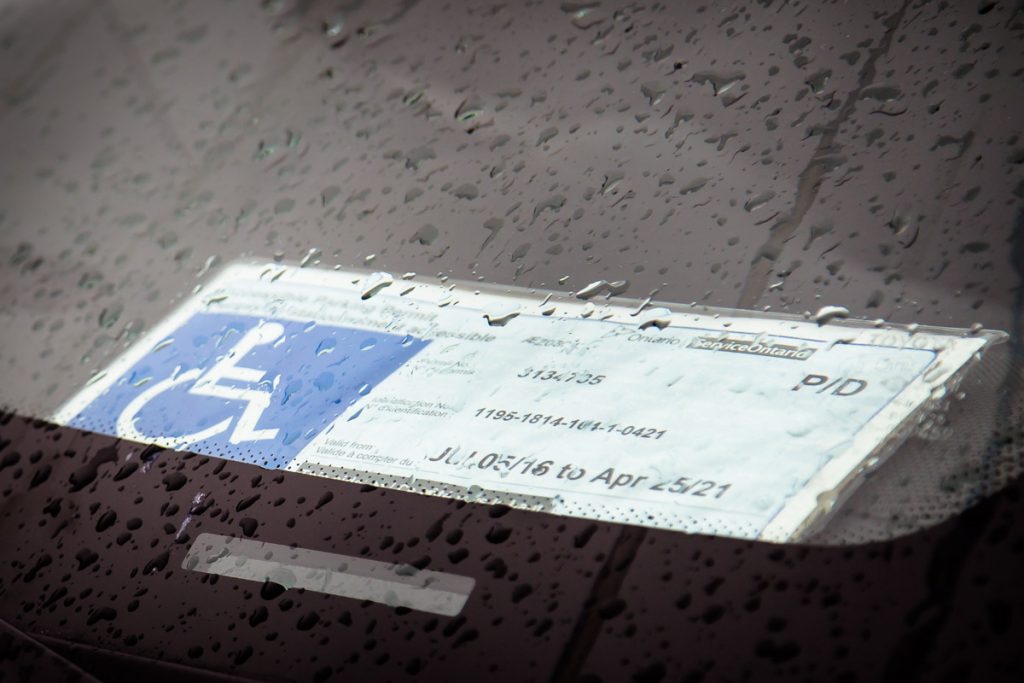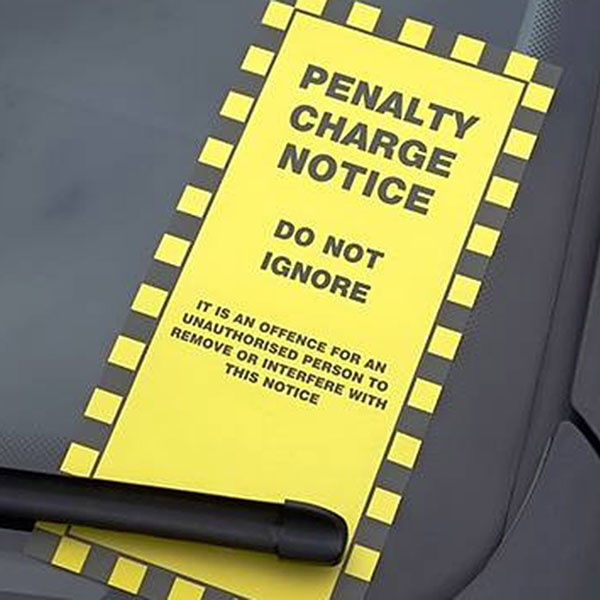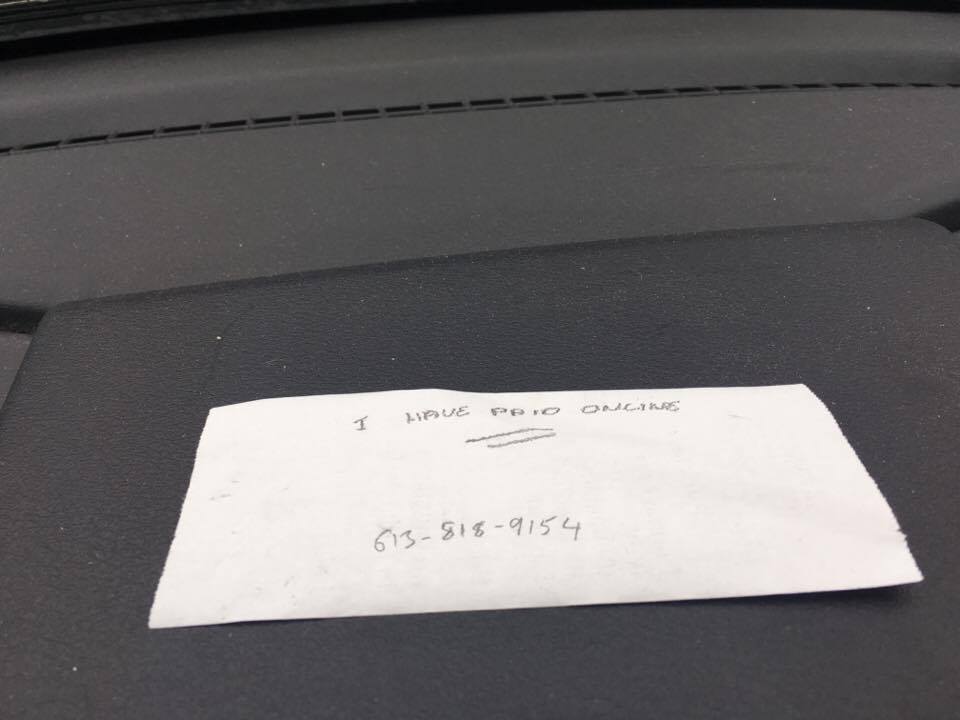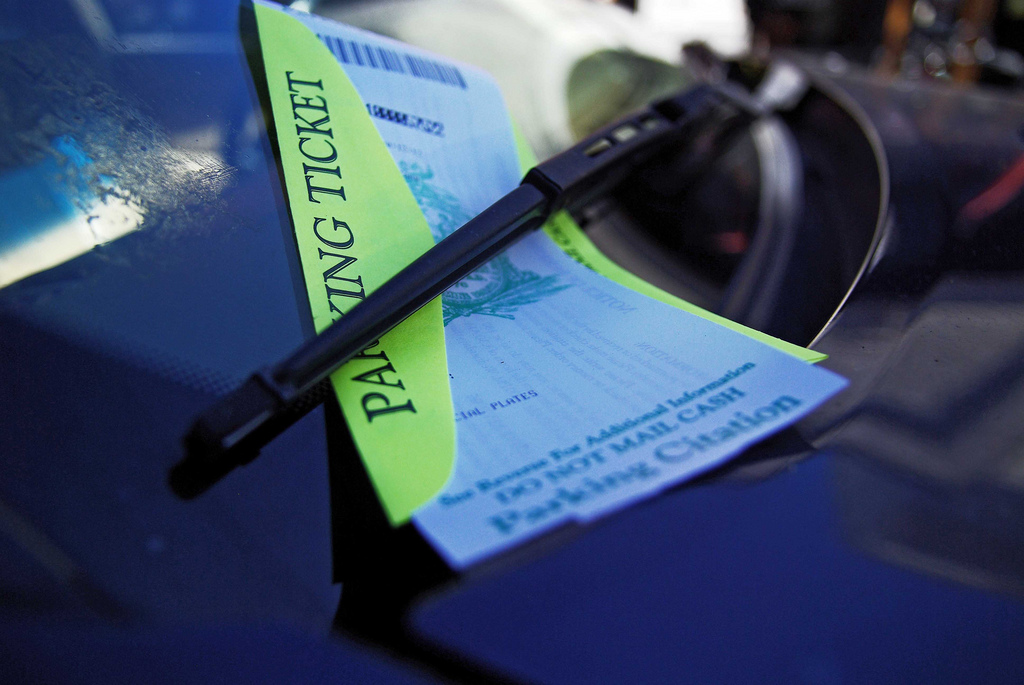Over the past five years, more than 200,000 parking tickets with fines totalling $7.3 million have been handed out along the streets of Ottawa’s Byward Market, according to documents obtained through an access to information request.
In fact, drivers parked alongside York and George streets alone, the city’s two most ticketed streets, and a popular parking destination for many bar and restaurant goers, shoppers and tourists alike, received more than 100,000 tickets during this period.
“There are quite a few people who complain about parking tickets,” said David Phillips, an Ottawa area farmer and the operator of a family owned fruit stand at the Byward outdoor market. “They’re here for just a minute, and, surprise, they got a ticket.”
The type of violations handed out along these two streets, which run side-by-side for four blocks between Sussex Drive and King Edward Avenue, range from the benign, 57,000 tickets were issued for parking in a “paid parking zone,” presumably without paying, to the unusual, 60 drivers were ticketed for parking with their vehicles facing in the wrong direction.
Another 105 drivers received tickets for parking on the sidewalk, while 10 drivers were ticketed for stopping on the “roadway side” of a parked vehicle, meaning they were double parked.
Then there were the fines unique to Ottawa, or to a nation’s capital at least.
For example, 177 drivers were ticketed for parking on City of Ottawa property, while four drivers received $50 fines for parking in a diplomatic zone, no doubt parked out front of the American embassy on Sussex Drive.
But Ottawa city councillor for Rideau-Vanier, Mathieu Fleury, says the market’s parking woes are not as simple as a lack of capacity or the strict enforcement of regulations.
“We recognized that parking was an issue, particularly with so many 15-minute or 1-hour parking zones,” said Fleury. “So we took action and extended these times by creating more two-hour parking zones.”
Source: City of Ottawa parking data.
Fleury says these changes permit lunch-time visitors and tourists to enjoy the market, while still allowing for the high turnover in parking availability the market needs.
“What we wanted to avoid was making all day parking on the street favourable for government workers, the Chateau Laurier or people working on the Hill,” said Fleury. “And I think a lot of businesses support us in this.”
Big ticket fines
There are also the big ticket items, the violations with fines that go well beyond the $30 to $40 average.
For instance, unauthorized parking in a space reserved for persons with physical disabilities carries a fine of up to $350, though five of six violations of this type along York and George streets in the past five years resulted in fines of $175 or less.
Meanwhile, being caught parked in a designated fire route cost 23 drivers $100 each over the past five years, while stopping in a bus zone or interfering with highway sweeping – an offence that occurred twice at the same address on York Street since 2011, a location with no highway in sight – cost ticketed drivers $85 a piece.
In total, Ottawa parking attendants handed out more than $92 million in fines over the past five years. The year with the highest amount in total violations, 2015, saw roughly $20.5 million in fines distributed among more than 390,000 tickets – an average of about $52 a ticket.
The overall increase in total fines between 2014 and 2015 was a little less than $3 million – a jump of roughly 16.2 per cent in a single year.
